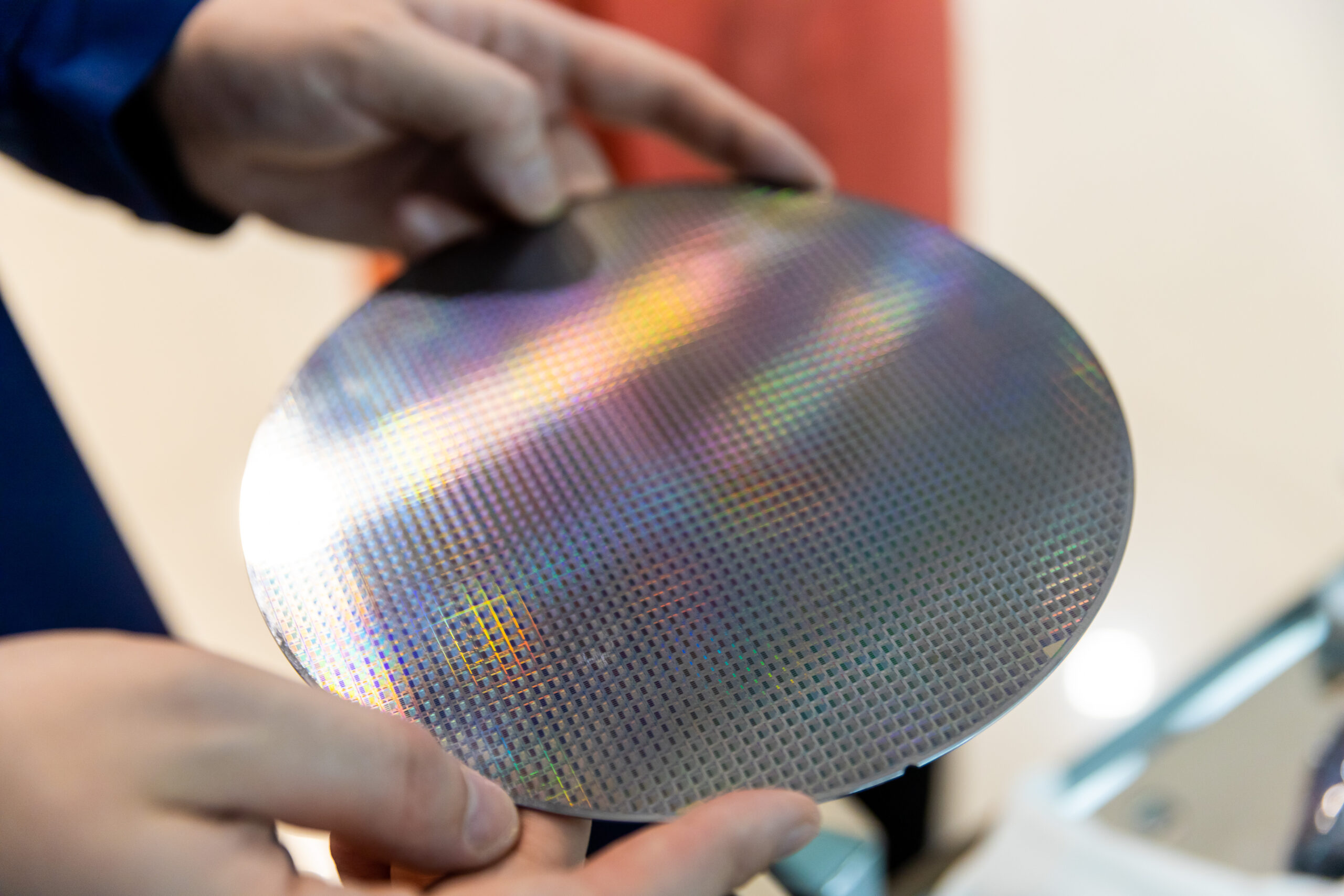Source: Moscow Metro
Moscow’s Troika card is now entirely manufactured in Zelenograd, marking a significant achievement in domestic production. Deputy Mayor Maksim Liksutov announced that since the end of 2023, both the card and its microchip have been fully produced in Moscow. Over 3.5 million of these domestically made cards have already been delivered to the Moscow Metro.

The Five-Stage Production Process
The Troika card is manufactured through an intricate five-stage process:
Microchip Production – The microchips are fabricated on silicon wafers within a specialized “clean” room. The latest Troika chip is completely domestically produced.
COB Module Production – The Chip on Board (COB) module safeguards the microchip from damage. This involves detaching the chip from the wafer, mounting it on a substrate, and enclosing it in a protective casing.
Inlay Production – A pre-marked film for the future cards is prepared, where the COB module is soldered to an antenna, forming a functional RFID tag capable of interacting with turnstiles and validators.
Card Printing & Design – The recognizable Troika card design is applied. The inlay is encased in plastic, finalizing its visual appearance.
Card Personalization – A unique identification number is programmed into the chip’s memory, linking it to the Moscow Metro’s database. This number tracks balance, fare eligibility, and other user-specific information.
Advanced Technology and Security
Each Troika card consists of five layers:
- Transparent protective layer
- Front printed layer
- Embedded layer with the chip and antenna
- Back printed layer
- Additional protective transparent layer
The chips themselves are grown on silicon wafers, a process that can take up to three months. The latest Russian-made chip boasts three times more memory and adheres to the highest security standards.
A Pillar of Moscow’s Ticketing System
Launched in 2013 under the direction of Mayor Sergey Sobyanin, the Troika card has become the backbone of Moscow’s transport ticketing system. It efficiently calculates over 3,500 fare options based on transport mode, zones, and pass validity.
Developing a ticketing system based on Russian technology is a crucial step in ensuring the stability and security of Moscow’s urban transport network, — emphasized Maksim Liksutov.
The complete localization of Troika card production highlights Moscow’s commitment to technological self-sufficiency and a seamless travel experience for millions of passengers.